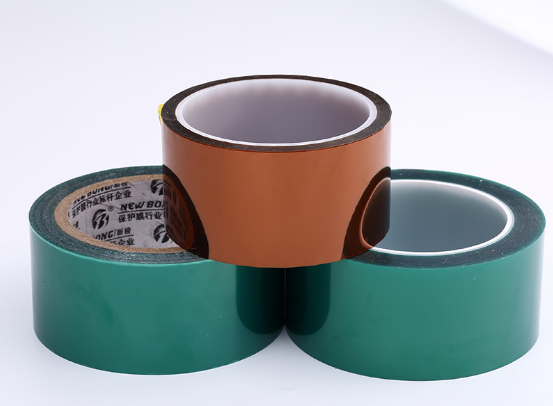What Is the Difference Between PE and PET Protective Film?
In the realm of protective films, two common materials often come into play: polyethylene (PE) and polyethylene terephthalate (PET). Both serve the essential purpose of safeguarding surfaces from damage during various processes, such as manufacturing, transportation, and installation. However, despite their similar acronyms, PE and PET protective films exhibit distinct characteristics and are suitable for different applications. Understanding the differences between these materials is crucial for selecting the appropriate protective film for specific needs.
PE Protective Film: Versatile and Cost-Effective
PE's flexibility and impact resistance makes it ideal for applications where toughness and durability are essential. PET's higher tensile strength and rigidity make it suitable for applications requiring structural integrity and stiffness.
Polyethylene (PE) is a thermoplastic polymer known for its versatility and cost-effectiveness. PE protective films are typically made from low-density polyethylene (LDPE) or high-density polyethylene (HDPE). LDPE offers flexibility and conformability, making it suitable for irregularly shaped surfaces, while HDPE provides higher strength and puncture resistance.
Application: PE protective films find widespread use in industries ranging from construction and automotive to electronics and furniture. They are commonly applied to surfaces such as stainless steel, aluminum, glass, and plastic sheets to protect against scratches, dirt, moisture, and minor impacts during handling, transportation, and installation processes.
Characteristics: PE protective films are characterized by their easy peelability, allowing for quick application and removal without leaving adhesive residue. They offer temporary protection without altering the appearance or properties of the underlying surface. PE films are available in various thicknesses, ranging from thin, economical options to thicker, more durable grades for heavy-duty applications.
Advantages:
- Cost-effective solution for surface protection
- Easy to apply and remove
- Provides temporary protection against scratches, dirt, and minor damage
- Available in a range of thicknesses and adhesion levels
- Suitable for a wide variety of surfaces and applications
PET Protective Film: Durable and Transparent
Polyethylene terephthalate (PET), also known as polyester, is a strong and transparent thermoplastic polymer. PET protective films are engineered for applications that require enhanced durability and optical clarity.
Application: PET protective films are commonly used in industries such as electronics, optics, and display manufacturing, where maintaining surface integrity and visibility are paramount. They are applied to screens, displays, touch panels, and other sensitive surfaces to safeguard against scratches, abrasions, and chemical damage.
Characteristics: PET protective films offer superior mechanical strength, chemical resistance, and optical clarity compared to PE films. They are typically thinner than PE films but provide reliable protection against more significant impacts and abrasions. PET films may feature special coatings for anti-glare, anti-static, or anti-fingerprint properties, depending on the application requirements.
Advantages:
- High mechanical strength and abrasion resistance
- Excellent optical clarity and transparency
- Chemically resistant to solvents and cleaners
- Available with special coatings for specific applications
- Suitable for sensitive surfaces requiring long-term protection
Choosing the Right Protective Film
Selecting the appropriate protective film depends on various factors, including the type of surface, environmental conditions, duration of protection required, and budget constraints. PE protective films are ideal for general-purpose applications where cost-effectiveness and easy application are paramount. On the other hand, PET protective films are preferred for applications that demand superior durability, optical clarity, and chemical resistance.
It's essential to consult with a knowledgeable supplier or manufacturer to determine the most suitable protective film for specific needs. By understanding the distinct characteristics and advantages of PE and PET protective films, businesses can ensure effective surface protection while maintaining product integrity and quality.
Contact Us for Your Protective Film Needs
Whether you require PE or PET protective films for your industry-specific applications, our team is here to assist you. As a leading supplier of high-quality protective films, we offer a comprehensive range of solutions tailored to meet your requirements. Contact us today to learn more about our products and how they can benefit your business.


